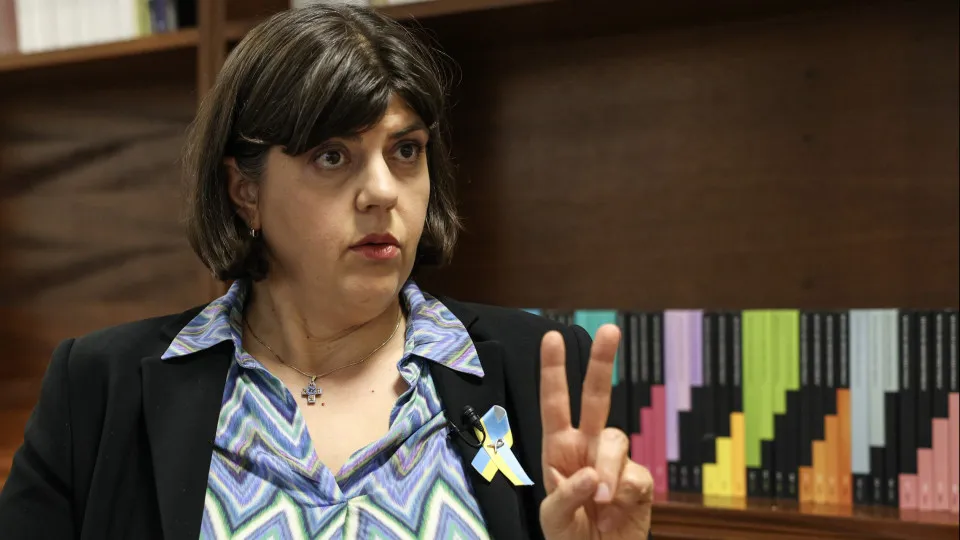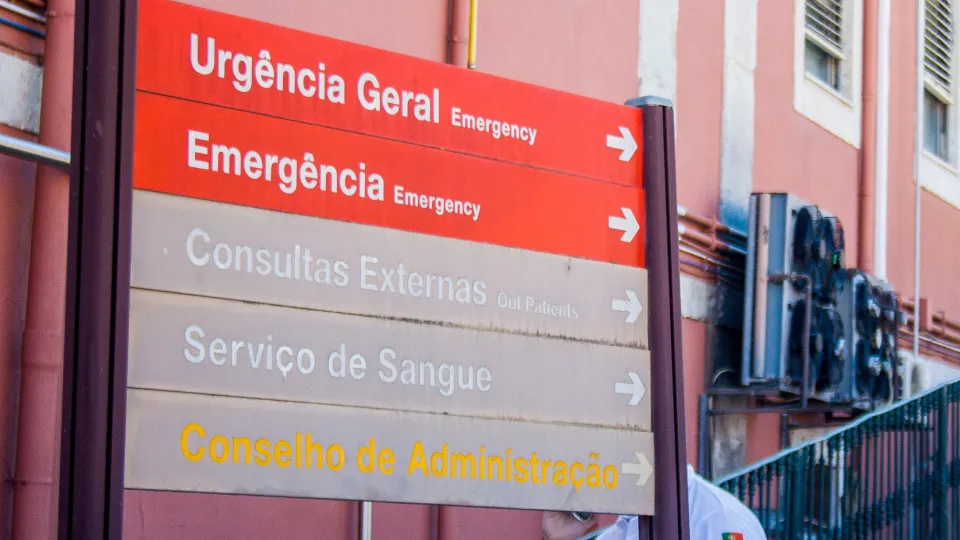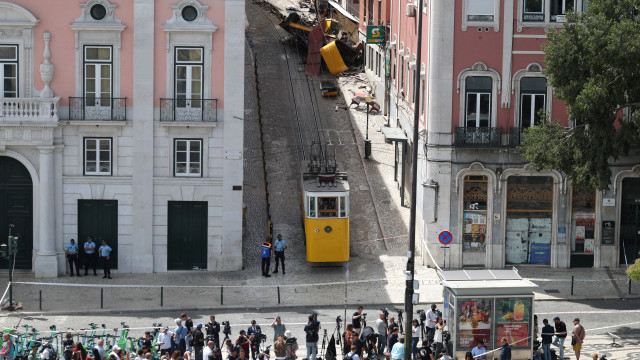
During a two-day working visit to Portugal, Laura Kövesi, the Romanian prosecutor leading the European Public Prosecutor’s Office (EPPO) since its inception, met with the national executive in a “unprecedented format,” which she praised.
By the initiative of the Minister of Justice, the European Chief Prosecutor sat at the table with Rita Alarcão Júdice, Finance Minister Joaquim Miranda Sarmento, and State Secretary for Internal Administration Paulo Simões Ribeiro.
Citing two major investigations involving Portugal, Operation Admiral and Operation Ambrosia, both involving VAT fraud, one of the most common crimes investigated by the agency, Laura Kövesi highlighted that these two cases could represent 75 million euros, already seized by the EPPO, recovered for the national budget.
In the case of Operation Admiral, there is already a first-instance conviction.
“This is the contribution of the EPPO. But everything we have achieved so far has been based mainly on the great effort of our team working here [in Portugal] with the EPPO, in collaboration with national authorities. And that effort needs to be sustained and continued,” said the European Chief Prosecutor in an interview at the newly inaugurated EPPO facilities in Lisbon, which now occupy offices ceded to the Public Prosecutor’s Office in the former Judiciary Police headquarters.
“It was important to discuss how we can improve this and how we can allocate more resources to better fight organized crime because, in the end, it’s not just about numbers, money being lost and ending up in the hands of criminals. It’s also about internal security and economic effects,” she added.
In this context, having police dedicated to the EPPO, something Portuguese European Prosecutor José Ranito had already identified as a priority, would, in Laura Kövesi’s view, be a “win-win situation” because it would allow more efficient work, increasing the recovery of damages and also the number of convictions.
When asked whether the resources allocated should evolve so that the EPPO has its own police, of a transnational character, Kövesi was unequivocal: “If you ask me, as a prosecutor, it would be the ideal scenario.”
“We have the first transnational prosecution and we need to have transnational police. We don’t have it. It will have to be a decision made by the legislator,” she said.
Emphasizing the great support provided to the EPPO by Europol, she noted, however, that this entity does not have the competence to investigate cases, and having police dedicated to the European prosecution in each state, working solely on these processes, jointly and coordinated, would already translate into a de facto transnational police force.
Laura Kövesi also sought to raise awareness with the Finance Minister of the importance, including financially, of increasing crime and fraud detection, particularly against VAT, at the country’s entry points, which are also one of the European Union’s external borders where, for instance, national ports have seen an increase in smuggling crimes, notably to evade tariffs.
Pointing to annual loss estimates exceeding 50 billion euros from these crimes, Kövesi also mentioned that organized crime has reorganized its activities, targeting the economic sector, which is very lucrative and much less risky than drug trafficking, highlighting the influence of Chinese criminal groups.
“We see a lot of violence for these criminal groups to gain more power and territory. We also witness a phenomenon of laundering the profits from crime. All the money from drug trafficking is reinvested in VAT fraud, for example, because it’s easier and yields high profits. And if you have a member state with low detection levels [of crime] you can operate freely and make a lot of money without anyone noticing,” she said.
Laura Kövesi stated that if it didn’t happen before, now, with the EPPO and its work, member states are aware of the internal security threats that this crime entails.
“When I started this work five years ago, I heard around me ‘we are a clean country’ or ‘we don’t have problems’ with VAT fraud or corruption. But you know what? That’s not true. There are no clean countries, and we see these types of crimes being committed everywhere in Europe. The issue is how much national authorities want to be involved,” she said.
Laura Kövesi also rejected views of “administrative solutions” for these problems and, giving the example of Portugal, where many shell companies were created for criminal activities, stressed that it’s not enough to close companies because that alone doesn’t reveal what they were doing or prevent them from reopening in another country the next day, making criminal investigation always necessary.
The EPPO currently has 24 member states, with Poland and Sweden joining in 2024.
The organization, which functions as an independent and highly specialized public prosecutor’s office, became operational on June 1, 2021, and has the competence to investigate, prosecute, indict, and sustain the prosecution during instruction and trial stages against the perpetrators of criminal offenses that harm the financial interests of the European Union (for example, fraud, corruption, or cross-border VAT fraud exceeding 10 million euros).




